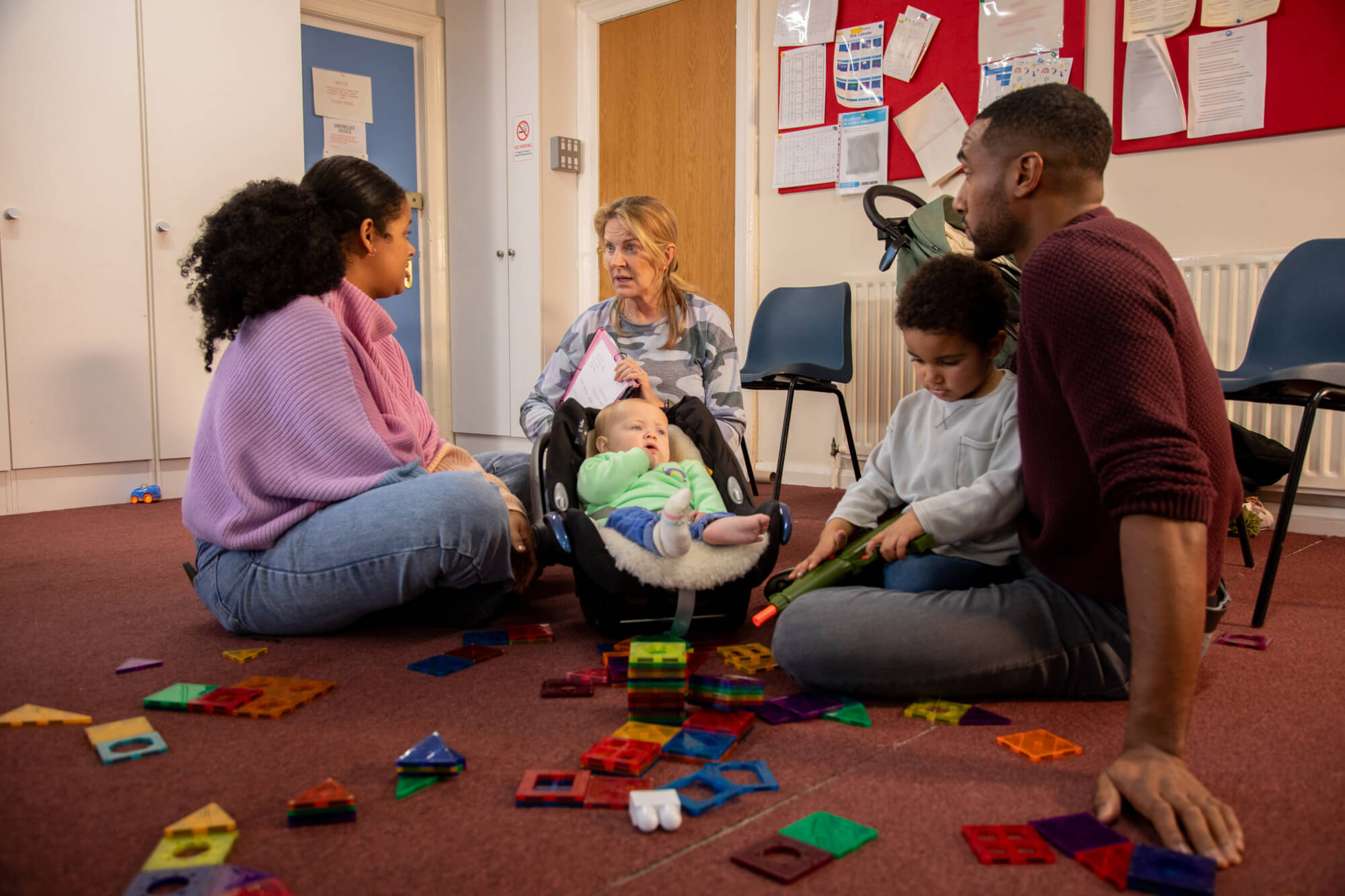Keeping Children Safe, Helping Families Thrive – Part 1

As part of social care reforms, HM Government has announced the planned changes to improve children’s social care arrangements. In this article Sam Preston looks at the four key principles underpinning the proposed reforms.
The publication of Keeping Children Safe, Helping Families Thrive sets out the model which government office hopes will redress the imbalance between a growing social care bill, which has risen by £4.4 billion over the last ten years, and depleted preventative services in order to reduce the number of children in care.
Whilst the model prioritises keeping families together, it also importantly recognises the current imbalance in the level of high quality supportive care placements available; particularly the lack of available local placements. When children and young people are not placed in care locally, they often lose access to their existing support network of extended family members. This support is crucially important for children and young people recovering from trauma, abuse and neglect.
The proposed changes also recognises the important role social care has in supporting the wellbeing of disabled children and their families. This includes early help, community based short-term breaks and longer-term regular care and support.
The model is based on four key reform principles:
- Children to remain with their families- wherever possible children should remain with their families and be safely prevented from entering the care system. This will include new child protection legislation, such as the introduction of family group decision making, and legislative reform to current child protection practice.
- Focus on kinship care and fostering- Where it is not possible for children to remain at home the new model's focus is on utilising kinship care or fostering families rather than residential care. The success of this model will rely on the willingness and availability of kinship support together with a substantial increase in the recruitment of more foster carers. From a financial perspective, there is no doubt this model aims to greatly reduce the reliance on costly residential care however, for kinship and foster care to be effective this will require great investment in support services.
- Fix the broken care market- as the proposals state 'the Competition and Markets Authority, and the Independent Review of Children's Social Care, identified that the levels of profit made in the care placement market were above those that would be expected in a well-functioning market.' Through further legislation HM Government plan to bring 'a swift end to excessive and exploitative profit making' and 'greater visibility to the prices local authorities are paying'. The big unanswered question here though is - Will this lead to a shortage in provision if current providers bow out of the market?
- Investment in key enablers- which includes investment in the workforce and evidence-based support programmes. It also includes improved data and information sharing, with the proposal to legislate for the introduction of a new Single Unique Identifier (SUI) which will be used across all multi-agency services. At first glance this presents as a logical solution to ensure effective tracking and audit of service provision but, as the proposal acknowledges there are significant barriers to effective implementation across services, such as clarity on information sharing, capacity and resources to support such a monitoring system.
Whilst these principles focus on social care arrangements, the proposals importantly acknowledge the need to embed the model with further additional strategic development to combat other factors which impact on children and young people's lives, including poverty, homelessness and extra familial harms such as domestic abuse serious youth violence, gang culture and knife crime.
So that’s my outline of the four principles. In my next article, I’ll be taking a look at the implications for safeguarding and child protection practice within educational settings.
SSS Learning Safeguarding Director
2 December 2024